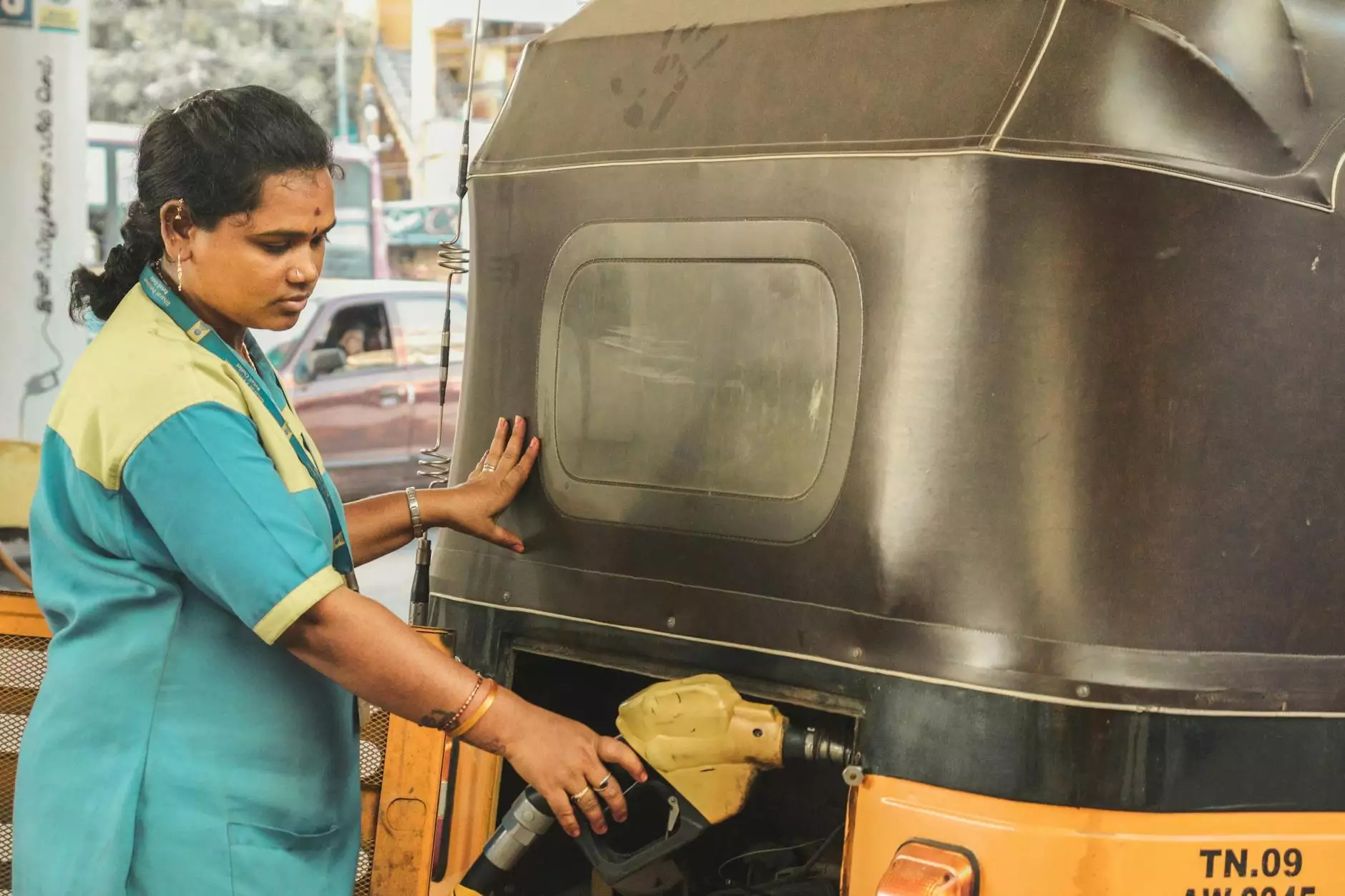The Rise of Mobile Surgical Facilities: Transforming Healthcare Delivery

In recent years, the landscape of healthcare has witnessed a significant transformation, particularly with the emergence of mobile surgical facilities. These innovative structures are designed to deliver surgical services in a flexible and efficient manner, addressing the growing demands for accessible healthcare. As we explore the evolution, benefits, and future potential of mobile surgical facilities, it becomes clear why they are considered a vital component in modern healthcare systems.
What are Mobile Surgical Facilities?
Mobile surgical facilities are specially equipped, transportable units that provide comprehensive surgical services outside traditional hospital settings. They are fully functional operating rooms on wheels, designed to meet the same standards as conventional surgical theaters. Equipped with state-of-the-art technology, these facilities offer surgeons and their teams the ability to perform a variety of procedures efficiently and effectively wherever they are needed.
Key Components of Mobile Surgical Facilities
Understanding the components and functionality of mobile surgical facilities is crucial to appreciating their impact on healthcare:
- Advanced Surgical Equipment: Each mobile unit is outfitted with the latest surgical instruments, anesthesia machines, monitoring devices, and sterilization tools, enabling doctors to perform complex procedures.
- Highly Qualified Staff: These facilities are staffed by skilled surgeons, anesthesiologists, and nurses who are trained to deliver high-quality care in non-traditional environments.
- Flexible Design: The mobile units are customizable to accommodate different types of surgeries and medical specialties, including orthopedics, gynecology, and general surgery.
- Telemedicine Capabilities: Many mobile surgical facilities incorporate telemedicine technology, allowing for remote consultations and follow-up care, enhancing overall patient engagement.
Why Are Mobile Surgical Facilities Gaining Popularity?
The rise in mobile surgical facilities can be attributed to several key factors:
Increased Accessibility
One of the most significant advantages of mobile surgical facilities is their ability to provide surgical care to underserved and rural populations. Many individuals face barriers to access traditional healthcare systems due to geographical, financial, or logistical issues. Mobile surgical units can travel to these locations, offering essential services in a patient's community, thus reducing the need for long-distance travel.
Cost-Effectiveness
Mobile surgical facilities can significantly lower operational costs compared to maintaining a permanent hospital or surgical center. The reduced overhead, less infrastructure investment, and enhanced scheduling flexibility contribute to lower costs for both patients and healthcare providers.
Reduced Wait Times
With the implementation of mobile surgical units, hospitals can alleviate backlogs by redistributing surgical cases. This reduces patient wait times, allowing for quicker interventions and better health outcomes. Faster access to surgery not only improves patient satisfaction but also plays a crucial role in preventing complications associated with delayed treatment.
Enhanced Patient Experience
Patients often feel more comfortable undergoing procedures in familiar environments. Mobile surgical facilities strive to create welcoming atmospheres and personalized care, improving overall patient experience. Enhanced patient interaction and lower stress levels contribute to better surgical outcomes.
Applications of Mobile Surgical Facilities
Mobile surgical facilities encompass a wide range of applications, addressing various healthcare needs:
- Elective Surgeries: Mobile units can efficiently manage elective surgeries that may otherwise be postponed due to resource constraints in hospitals.
- Outreach Programs: Many hospitals use mobile facilities as part of outreach initiatives to provide surgical care to isolated communities.
- Disaster Relief: Mobile surgical facilities can be deployed rapidly to disaster-stricken areas, ensuring immediate surgical care for victims of natural disasters or crises.
- Specialized Services: These facilities can be customized for specialty services like bariatric surgery, cataract procedures, or orthopedic surgeries.
The Future of Mobile Surgical Facilities
The future of mobile surgical facilities looks promising. With advancements in technology, increased recognition of the need for accessible healthcare, and evolving patient preferences, these facilities are poised for growth. Several trends are shaping the future of mobile surgical care:
Technological Innovations
As technology continues to evolve, mobile surgical facilities will benefit from improved surgical techniques, robotic-assisted surgery, and enhanced telehealth capabilities. The integration of cutting-edge technology will redefine the surgical landscape and improve patient outcomes.
Policy Changes and Healthcare Reforms
Legislative changes focusing on healthcare accessibility and cost reduction may promote the expansion of mobile surgical facilities. Support from government programs and insurance companies can further enhance the role of mobile units in the healthcare system.
Integrative Care Models
As medical professionals shift toward integrative care models, mobile surgical facilities can play a vital role in bridging gaps between surgical care and other healthcare services. Collaboration among various health disciplines may lead to more holistic patient care.
Increased Demand for Convenience
The demand for convenience in healthcare is on the rise. Patients increasingly seek services that fit their busy lives. The ability of mobile surgical facilities to provide surgical services at convenient locations and times will further elevate their popularity.
Real World Examples of Mobile Surgical Facilities
Several organizations have successfully implemented mobile surgical facilities around the world. Here are a few notable examples:
- Odulair: A leading pioneer in mobile surgical facilities, Odulair designs and manufactures state-of-the-art transportable surgical units. Their products cater to various specialties and have been deployed across the United States to enhance healthcare accessibility.
- SurgiBus: A project in the United Kingdom that features a mobile operating theatre equipped for various surgical procedures. It provides care to NHS patients who may experience lengthy delays for procedures.
- Project HOPE: An international humanitarian organization that uses mobile surgical facilities to provide surgical care in disaster-stricken regions, improving health outcomes in vulnerable populations.
Challenges Facing Mobile Surgical Facilities
While mobile surgical facilities offer numerous advantages, they also face certain challenges that need to be addressed:
Regulatory Compliance
Mobile surgical units must adhere to strict regulatory standards set by health authorities, ensuring the facilities meet the same safety and quality guidelines as traditional surgical centers.
Logistical Issues
Transporting surgical equipment and staff to remote locations can pose logistical challenges. Adequate planning and resources are essential for successful operations.
Community Awareness
There may be limited awareness among communities about the availability and benefits of mobile surgical facilities. Ongoing education and outreach are necessary to inform patients about these services.
Conclusion
The introduction of mobile surgical facilities has changed the face of surgical care, making it more accessible, cost-effective, and patient-centered. As we navigate through ongoing healthcare reforms and technological advancements, these facilities are set to become an integral part of our medical landscape. With their potential to transform surgical care delivery, they hold the promise of a healthier future for communities across the globe. By eliminating barriers to access and enhancing patient experiences, mobile surgical facilities are indeed paving the way for a new era in healthcare.









